In this text, we will introduce industrial tiles and their distinctive characteristics. Please stay with us until the end:
Tiles are among the most commonly used building materials and come in a wide variety. You can select the right tile for any space and environment and install it where needed. This raises the question: What should be considered when purchasing tiles? To answer this, we need to understand the different types of tiles and their features.
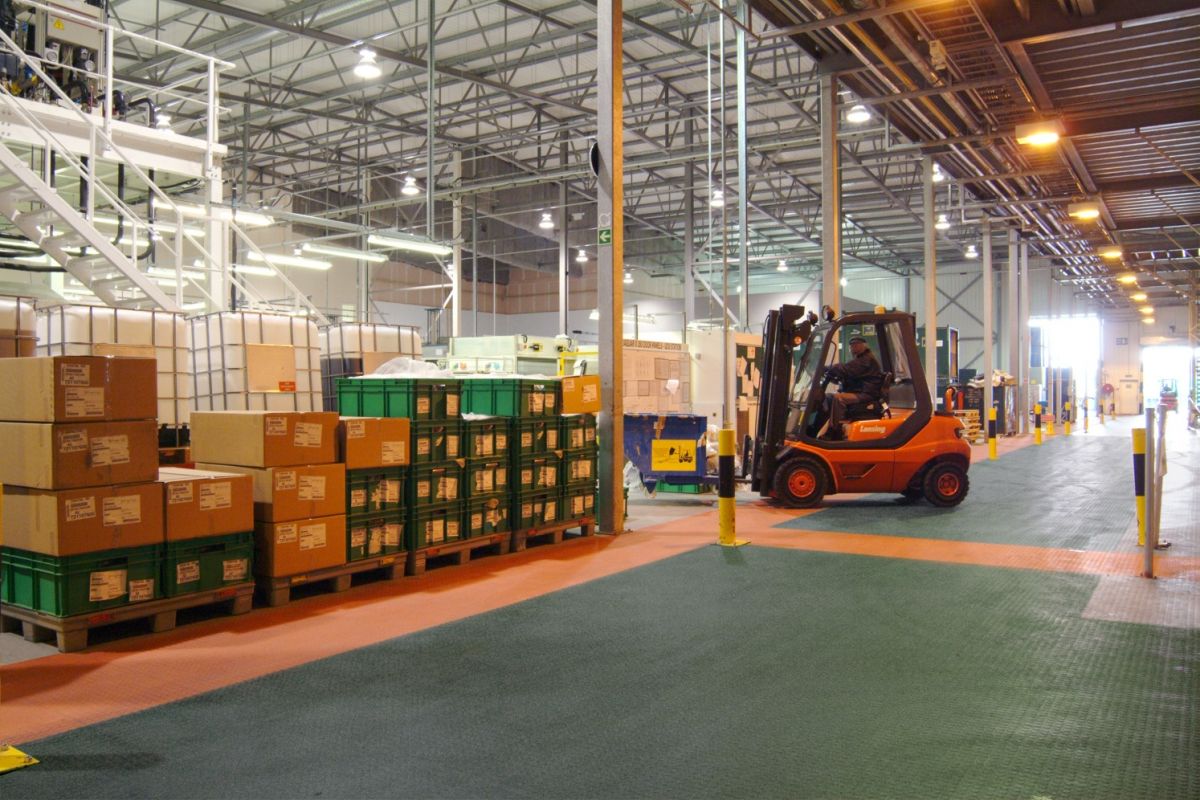
Introduction to Industrial Tiles and Their Applications
The use of tiles extends beyond kitchens and bathrooms; they also have various applications in environments such as industrial workshops and healthcare facilities. The durability and resistance of tiles to different conditions determine their suitability for various locations. However, factors like aesthetics, appearance, and personal taste also play a role in selecting the right type of tile.
What Are Industrial Tiles?
As mentioned earlier, choosing the right tiles for industrial areas and other high-traffic environments requires special attention. High-resistance tiles are crucial in such settings because locations like factories, industrial workshops, hospitals, and chemical laboratories are frequently exposed to chemicals, heavy traffic, and the risk of heavy or fragile objects impacting the surfaces. Therefore, it is essential to use tiles and ceramics with high durability and strength.
It is worth noting that selecting the appropriate tile for each environment, considering all relevant features and specifications, will ensure greater longevity and durability of the installed tiles.
Types of Industrial Tiles
Industrial tiles are classified into three types based on their structural characteristics and durability, each suited for different environments:
- Acid-Resistant Tiles
- Alkali-Resistant Tiles
- Slip-Resistant Tiles
Acid-Resistant Industrial Tiles
Acid-resistant industrial tiles are designed to withstand high levels of acidity, making them ideal for areas that come into contact with acidic substances. Key features of these tiles include resistance to abrasion, frost resistance, very low water absorption, and mechanical strength.
Due to their durability, acid-resistant tiles are also used in various other applications beyond acidic environments. They are suitable for locations that experience heavy loads, high traffic areas, high temperatures, and industrial workshops that require high stability and longevity.
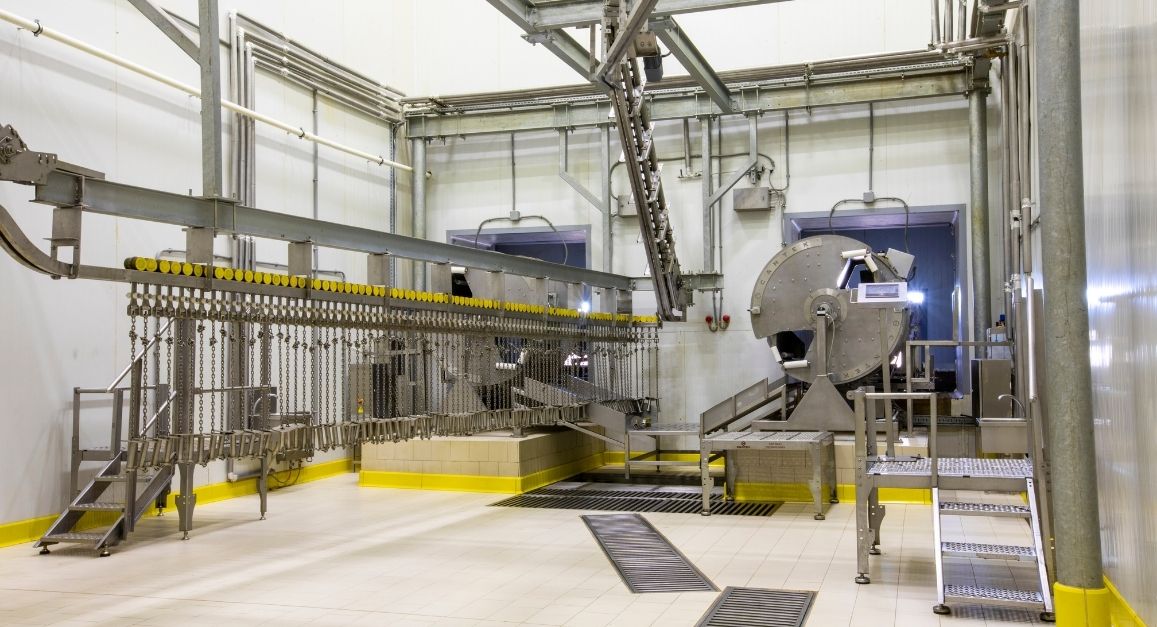
Alkali-Resistant Industrial Tiles
As indicated by their name, alkali-resistant tiles offer high resistance to alkaline substances and environments. These tiles are commonly used in industrial settings, healthcare facilities, and laboratories.
Key features of alkali-resistant tiles include resistance to corrosion, abrasion, and environmental pressure. Interestingly, using these tiles in alkaline environments can significantly reduce the level of alkalinity.
Slip-Resistant Industrial Tiles
Slip-resistant tiles are crucial in environments where there is a high risk of slipping. For example, they are particularly useful in industrial settings, parking areas, bathrooms, and toilets. In swimming pools and aquatic environments where surfaces are prone to becoming slippery due to water or other substances, the high friction properties of these tiles prevent slipping and ensure safety.
Industrial Tiles: Durable and Resilient Covering for High-Traffic Areas
Industrial tiles are a type of flooring and wall covering designed for environments with heavy use, such as industrial, commercial, and even residential spaces. Due to their high resistance to abrasion, chemicals, heat, and moisture, they have become a popular choice in various demanding settings.
Features of Industrial Tiles
- High Abrasion Resistance: The surface of industrial tiles is designed to withstand heavy foot traffic and wear.
- Chemical Resistance: These tiles are resistant to a wide range of chemicals, including acids, alkalis, and solvents.
- Thermal Resistance: Industrial tiles can endure sudden temperature changes and high heat.
- Moisture Resistance: They are impermeable to moisture and water, making them ideal for wet environments.
- Slip Resistance: Some industrial tiles come with slip-resistant surfaces to prevent accidents in wet or slippery conditions.
- Variety of Designs and Colors: Available in various designs and colors, industrial tiles offer flexibility in choosing the right look for any space.
- Ease of Cleaning: The smooth, non-porous surface of these tiles makes them easy to clean.
- Long Lifespan: Due to their high durability, industrial tiles have a long service life.
Types of Industrial Tiles
Industrial tiles are categorized based on their material and application:
- Porcelain Tiles: Made from porcelain, these tiles offer excellent resistance to abrasion, chemicals, and heat.
- Ceramic Tiles: Ceramic tiles also provide good durability and come in various designs and colors.
- Mosaic Tiles: Composed of small pieces, mosaic tiles are used to create unique and attractive patterns.
- Epoxy Tiles: Made from epoxy resin and hardeners, these tiles have a very smooth and glossy surface.
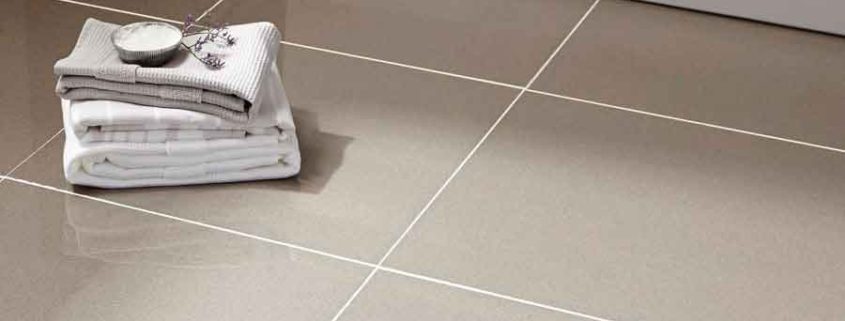
Applications of Industrial Tiles
- Industrial: Factories, workshops, warehouses, cold storage facilities
- Commercial: Shopping centers, hotels, restaurants, hospitals, laboratories
- Residential: Kitchens, bathrooms, toilets, balconies
Advantages of Using Industrial Tiles
- Creates a Clean and Hygienic Environment: Due to their resistance to stains and ease of cleaning.
- Enhances Building Longevity: Thanks to their high resistance to damaging factors.
- Aesthetic Appeal and Variety: With a wide range of designs and colors.
- Increases Property Value: Using industrial tiles can raise the value of the property.
In summary, industrial tiles are an ideal choice for flooring and wall covering in environments exposed to heavy wear, chemicals, and harsh conditions. Their numerous features and benefits make them increasingly popular in industrial, commercial, and residential settings.
“This article aims to provide a comprehensive overview of industrial tiles, including their characteristics. This information is intended to assist potential buyers in making informed decisions based on their specific needs. Comparing the properties of different tiles, the intended space, and the types of tiles available is a crucial consideration.”
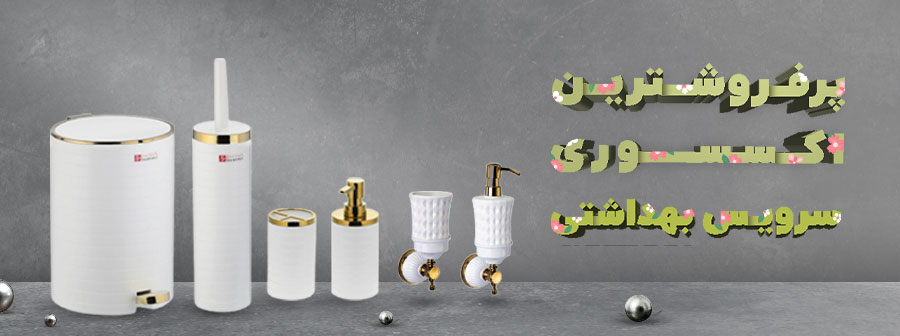
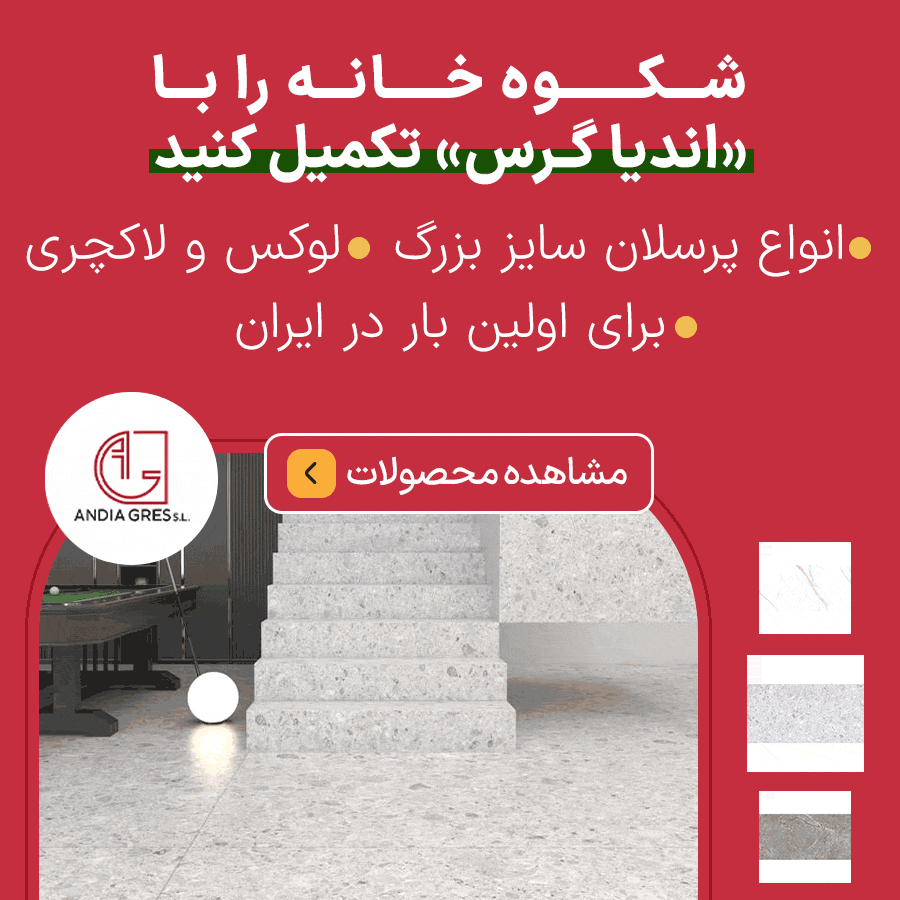
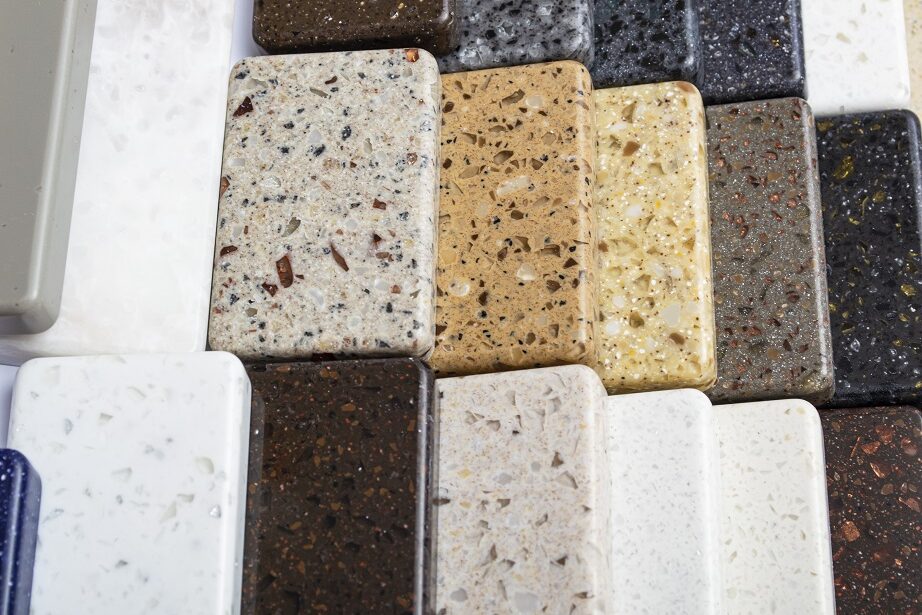
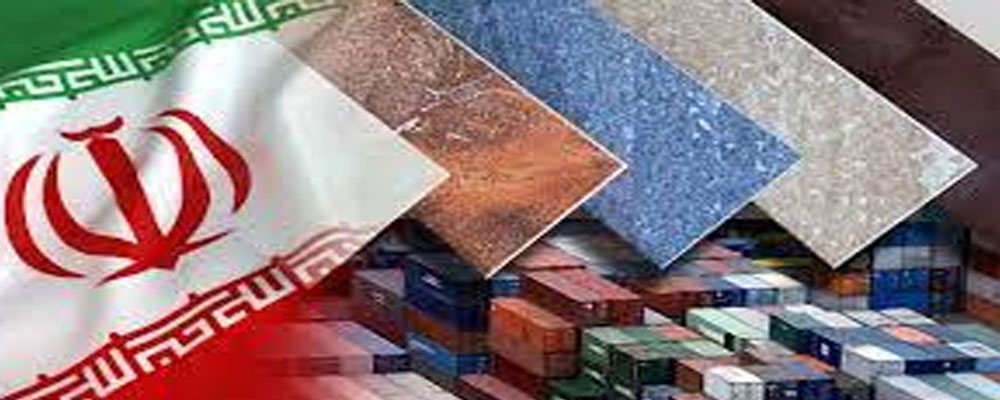

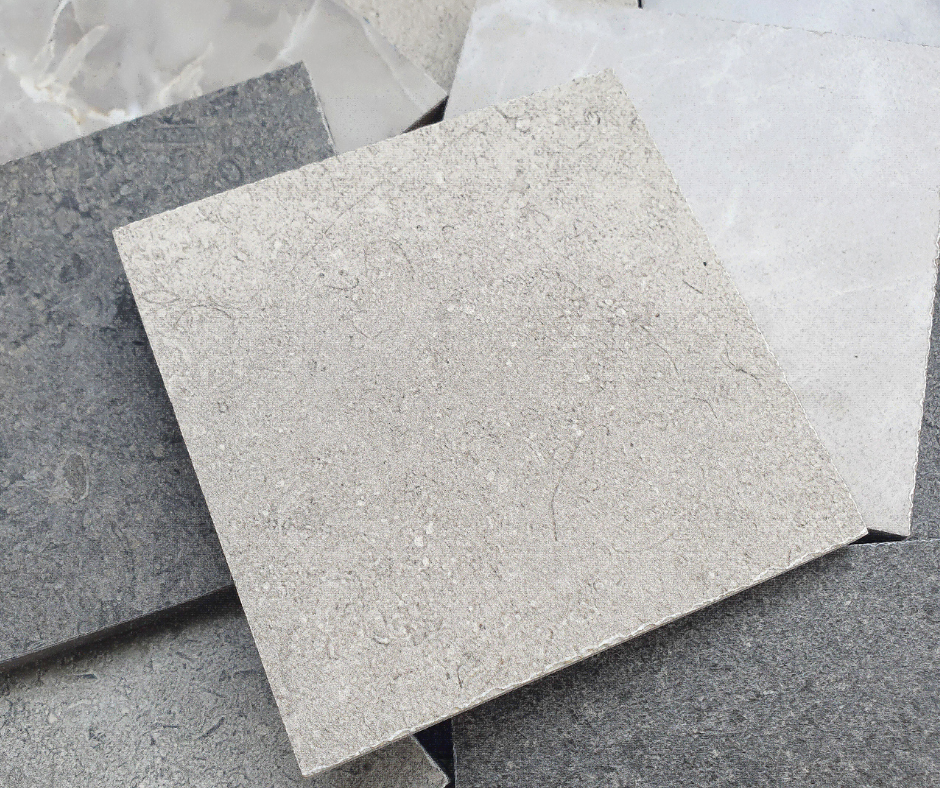
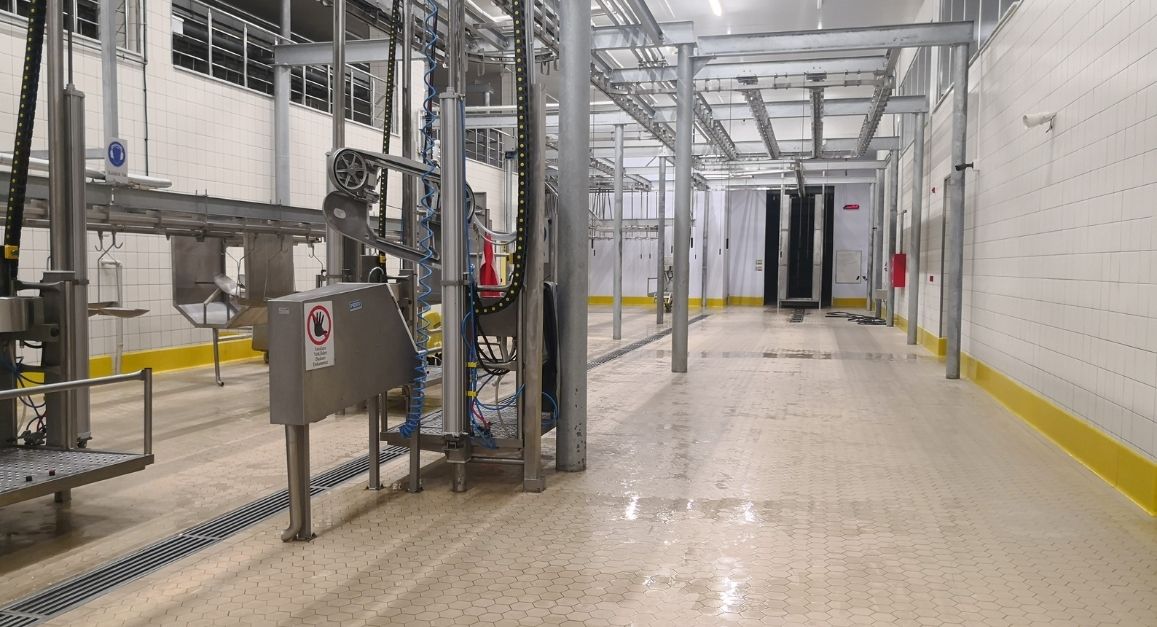
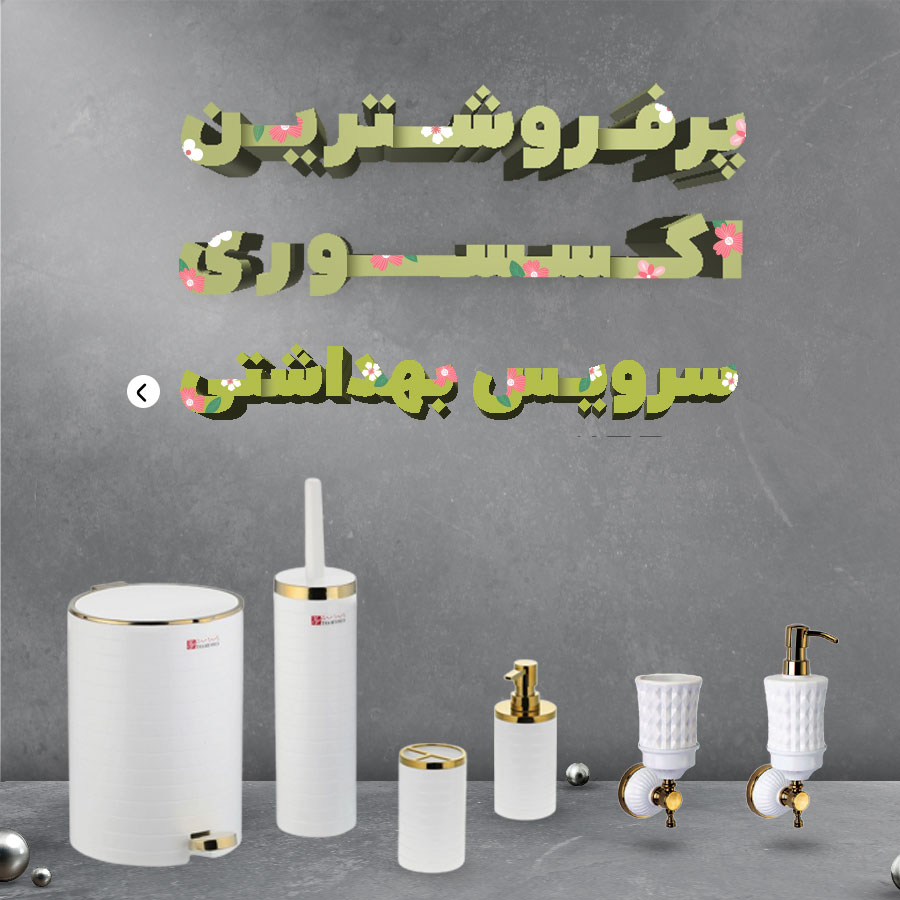

نظرات ۰